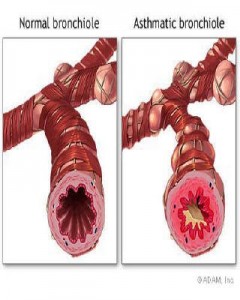I cant begin to tell you how often I get this question? We all know they are bad and that we dont want them but most of us remain fairly uneducated about what dust mites are and how to combat them.
Simply put dust mites are microscope bugs that primarily live on dead skin cells regularly shed from humans and their animal pets. Dust mites are generally harmless to most people. They don’t carry diseases, but they can cause allergic reactions in asthmatics and others who are allergic to their feces. People sometimes confuse dust mites with bed bugs.
 Most of us forget that the average human “sheds” off 1/3 ounce (10 grams) of dead skin a week! That gives dust mites a lot to eat. Cats and dogs create far more dander for dust mites to eat. So any place where a person or an animal lounges a great deal becomes a dust mite “buffet” of sorts. Thats why we see so many on couches and mattresses.
Most of us forget that the average human “sheds” off 1/3 ounce (10 grams) of dead skin a week! That gives dust mites a lot to eat. Cats and dogs create far more dander for dust mites to eat. So any place where a person or an animal lounges a great deal becomes a dust mite “buffet” of sorts. Thats why we see so many on couches and mattresses.
Its not uncommon for the typical mattress to contain tens of thousands of dust mites. 100,000 mites can live in one square yard. A single dust mite produces about 20 waste droppings each day. As gross as it sounds (and is) it is a protein in this waste that cause many allergic reactions ranging from itchy eyes to asthma attacks.
So how can you recognize the symptoms to dust mites?
The protein in the dust mite waste produces antibodies in humans who are allergic when these are inhaled or touch the skin. These antibodies cause the release of histamines which causes to nasal congestion, swelling and irritation of the upper respiratory passages. The Mayo Clinic, WebMD and many others collectively provide this list of typical symptoms of an allergy to dust mites;







